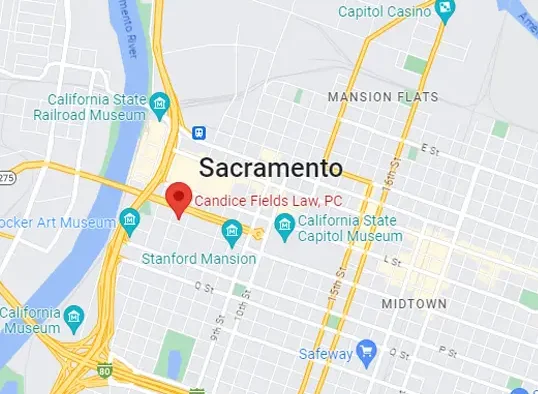Common Questions And Answers About White Collar Crimes
Candice Fields Law, PC, in Sacramento, is a premier federal white collar crime firm serving Northern California answering questions such as those below every day. More importantly, Attorney Candice Fields works hard to obtain favorable outcomes for people and businesses charged with federal white collar crimes. Schedule a consultation by calling 916-414-8050 or completing an online inquiry form.
What is a white collar crime, and what are some typical federal white collar crimes?
A white collar crime is usually financial as opposed to a crime involving physical violence. According to a study published on the U.S. Department of Justice website, “white collar crime is a social … concept. A white collar crime … involves a breach of trust, [not relying] on physical force. [It] has the acquisition of money, property or power as the primary goal.” Typical federal white collar crimes include wire fraud, mail fraud and health care fraud.
Why are white collar criminal investigations so prevalent?
First, federal laws and regulations are so detailed and nuanced that it is common for businesses, especially, to violate laws, such as environmental protection laws, employee relations laws and many others. Also, the fact that whistleblowers can receive a portion of fines may provide incentives for ordinary people to report evidence of white collar crimes. Likewise, U.S. government agencies are able to bring large sums of money into the government coffers through the enforcement of civil and criminal settlements and judgments.
How is a federal white collar crime case developed?
An assistant U.S. attorney (AUSA) often presides over such a case. They may collaborate with federal agents and/or investigatory grand juries to gather evidence to use in prosecution. The grand jury seeks information on people who are subjects of investigation (who might be responsible for white collar crimes), witnesses (who might have valuable input) and one or more targets of an investigation (who are believed to likely be guilty). With enough evidence, the AUSA may prosecute the case.
Who initiates white collar crime cases?
In the past, federal agencies such as the FBI, the Secret Service and postal inspectors used to get many white collar cases off the ground. Now, evidence often comes to light in public forums through lawsuits such as securities class actions. Whistleblowers are often involved in the initial stages. Some cases are referred to federal authorities by state regulatory agencies. Also, journalists and activists sometimes prompt the beginning stages of a white collar crime investigation.
When are wrongdoings civil matters and when are they considered crimes?
Some cases, such as Federal Claims Act cases, have both civil and criminal elements. Government agencies may work in tandem with regulatory agencies. Wrongdoers may have both criminal and civil penalties to pay. Jail time is also possible in criminal cases.
What are some differences between state and federal white collar crimes? When is a white collar crime a federal crime?
Federal white collar crimes often involve the movement of money or other elements across state lines. They may involve banking practices. They are prosecuted by federal agencies and courts. States sometimes refer cases to federal agencies for investigation and prosecution.
How can companies and health care providers avoid getting tangled up in federal white collar crime cases?
Above all, they should be proactive rather than reactive. They should have processes and personnel dedicated to ensuring regulatory compliance. They should conduct internal audits from time to time, to uncover areas of vulnerability and then correct the weaknesses that they find. They should pay attention to how their corporate or industrial culture may encourage or prevent white collar criminal liability.





